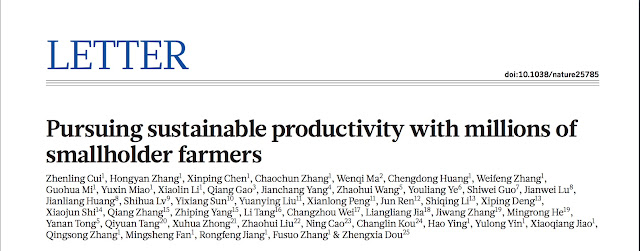Some (Non-Biden) Reasons There Might Be More Unity in the U.S. in the Future

Might there be more unity? There are some more fundamental reasons than Biden or Trump why there could be more unity in the U.S. in the next few years: COVID-19 and the Capitol insurrection. Anecdotally, we all have stories of people coming together in times of crisis: families shifting roles to make ends meet in wartime or even just the surprisingly rapid change in social habits that happened last March as people in many parts of the country isolated nearly overnight. Some research backs up the anecdotes. Here I'll lump together work on both inequality and polarization since both involve a sort of unity in the population. First, a body of surveys and experiments finds that cooperation within local communities increases cooperation during wartime. Relatedly, the relationship between the rate of return to wealth and growth, which Piketty controversially tied to inequality, tends to flip during war time . 1 More recently, while we can all think of the COVID-19 crisis as being shar...


